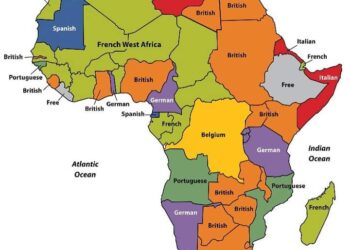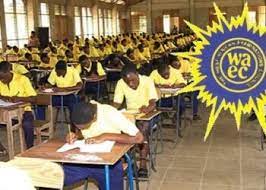The Principal and the Director of Sydani Fellowship Programme, Sunday Atobatele, has harped the need for Human Capital Development especially among youth in Nigeria and Africa.
He described ,”human capital development as the process of enhancing individual’s knowledge, skills, and abilities through investments in education, healthcare, and vocational training, with the aim of improving productivity, fostering economic growth, and promoting social development.”
Justifying the need for Human Capital Development in Africa, the senior management consultant and seasoned public health professional ,said it drives economic growth, reduce poverty, promotes social equity, and fosters sustainable development
“Empowering individuals to contribute effectively to their communities and economies, enhances workforce productivity, stimulates innovation, and strengthens resilience to socio-economic challenges,” he said.
He however, lamented that many Africans lack access to education and health which hinders their human capital development.
This he said impedes their ability to grow and widens social and economic inequalities
According to him, “A large population of Africans, and Nigeria especially, are youths (60% of African population are under 25) and majority (almost 60%) between the ages of 15 – 17 are out of school
“In the African context, statistics underscore the significance of human capital development, particularly among youth populations. With an estimated 60% of the population under 25 (according to the African Union Commission), Africa is the world’s youngest continent. However, many young Africans lack access to quality education, healthcare, and jobs, hindering their Human capital development
“According to the Unesco Institute of Statistics data, almost 60% of youths between the ages of about 15 and 17 are not in school.
“Nigeria, Africa’s most populous nation, reflects similar trends. The Nigerian Youth Investment Fund reports over 50% of the population is youth (aged 18-35). This demographic segment holds immense potential for HCD. Yet, limited educational access, high unemployment, and inadequate healthcare services impede their ability to thrive, widening social and economic inequalities..”
Speaking further, Atobatele noted that in recognition of the critical role of human capital development in fostering sustainable development and enhancing the well-being of individuals and societies, concerted efforts are essential to address the multifaceted challenges facing human capital development in Africa.
According to him, the efforts should include; Education Initiatives (Universal Primary Education, Quality Teacher Training, Technical and Vocational Education and Training (TVET)), Digital Literacy Programs and Health Initiatives like Universal Healthcare Coverage, Community Health Workers, Disease Prevention and Control ,Maternal and Child Health among others.




